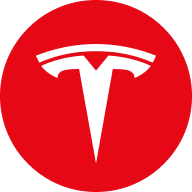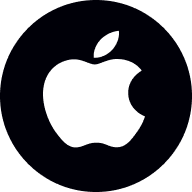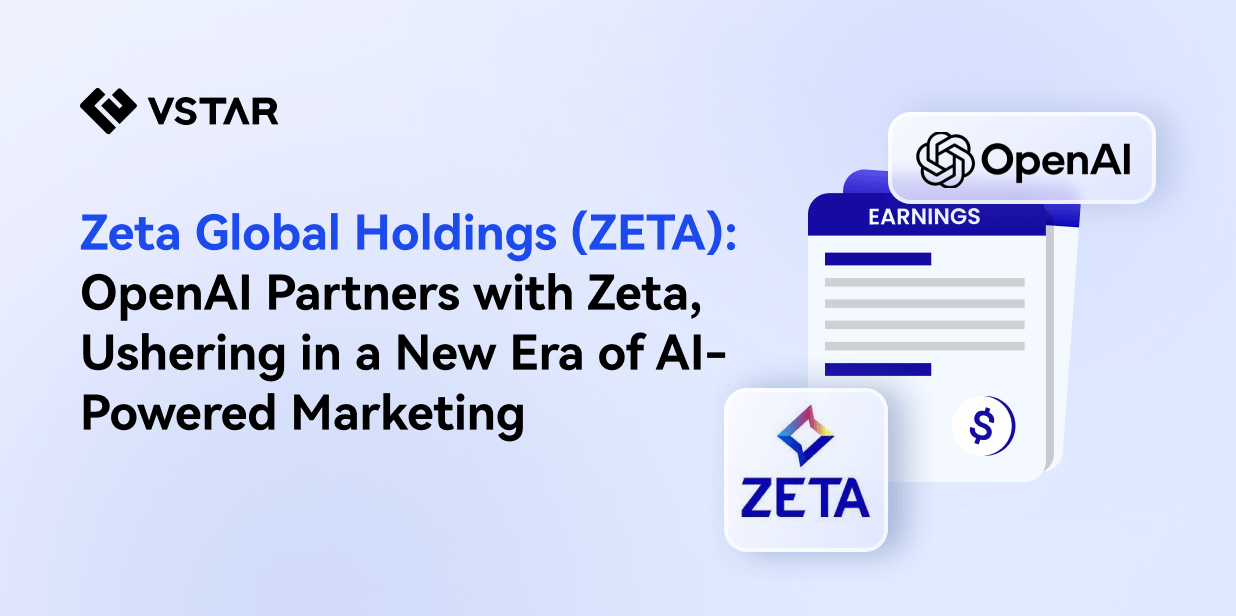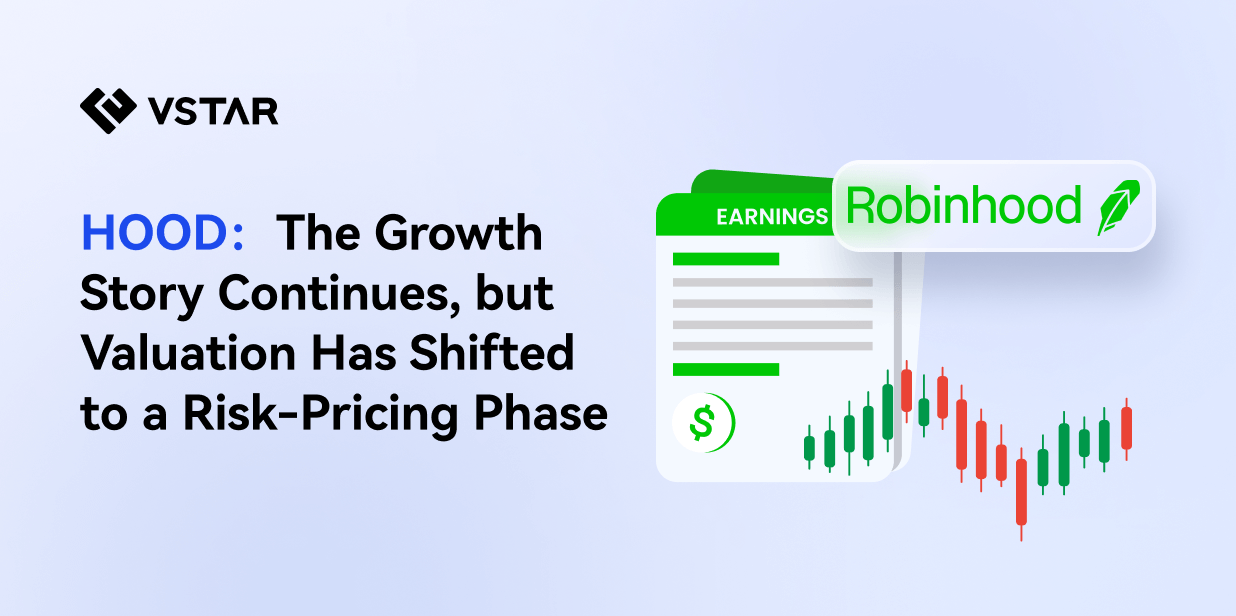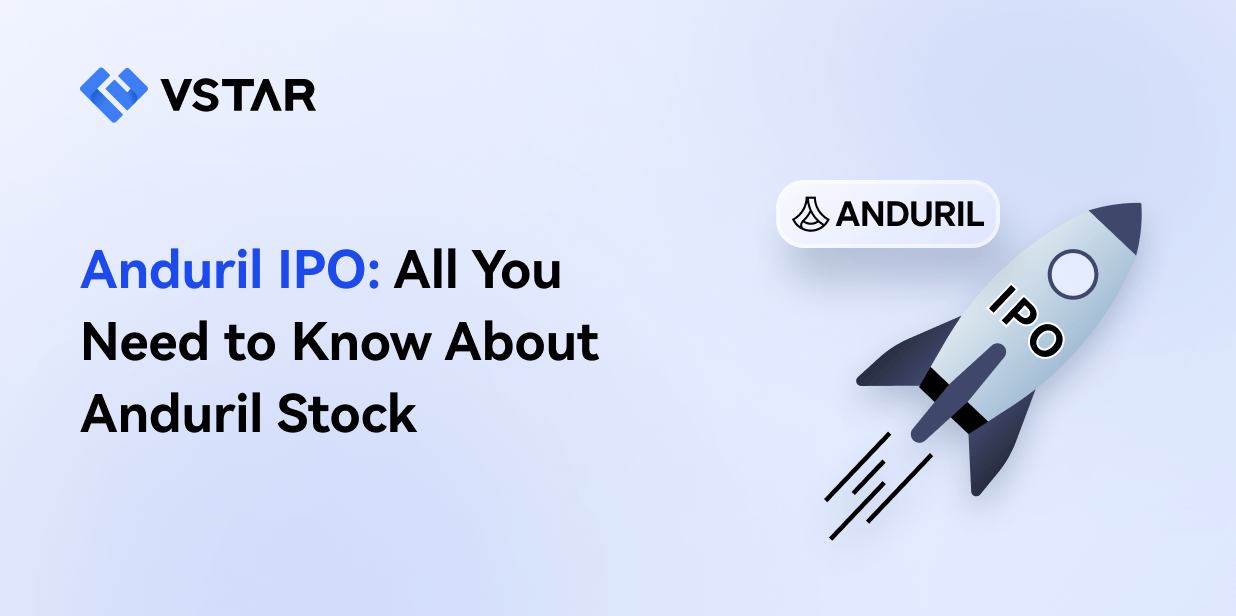
Australian Securities & Investments Commission (526187)

Markets in Financial Instruments Directive (MiFiD II)

Ministerstwo Finansów Poland
VASP8762471601

Financial Services Commission Mauritius (#GB21026599)
VS Group Limited. Copyright © VSTAR. All rights reserved.
[VSTAR] is a trade name of •VSTAR Finance Pty Ltd (Australia) •Vstar Limited (Mauritius)•VSTAR Global LLC (St. Vincent and the Grenadines)
VSTAR does not issue advice, recommendations or opinions in relation to acquiring, holding or disposing of a CFD. VSTAR is not a financial advisor and all services are provided on an execution-only basis. This communication is not an offer or solicitation to enter into a transaction and shall not be construed as such.
This website is operated by VS Group of companies which has obtained several licenses in many regions around the world:
VSTAR Finance Pty Ltd is licensed by the Australian Securities and Investments Commission (ASIC) to provide financial services under the Australian Financial Services License AFSL526187.
Vstar Limited is licensed by the Financial Service Commission (FSC) in Mauritius under license number GB21026599.
VSTAR Global LLC is incorporated in St. Vincent & the Grenadines as an International Business Company with registration number 1310.
VSTAR DIGITAL SP. Z O.O. is a Virtual Asset Service Provider (VASP) authorized by the Polish Ministry of Finance (License No. 8762471601), authorized to provide virtual asset services in compliance with the MiCA regulatory framework.
By using www.vstar.com you agree to use our cookies to enhance your experience.
Services are not available for residents of Turkey, Iran, Iraq, North Korea, Russia and countries from European Union and United States of America














